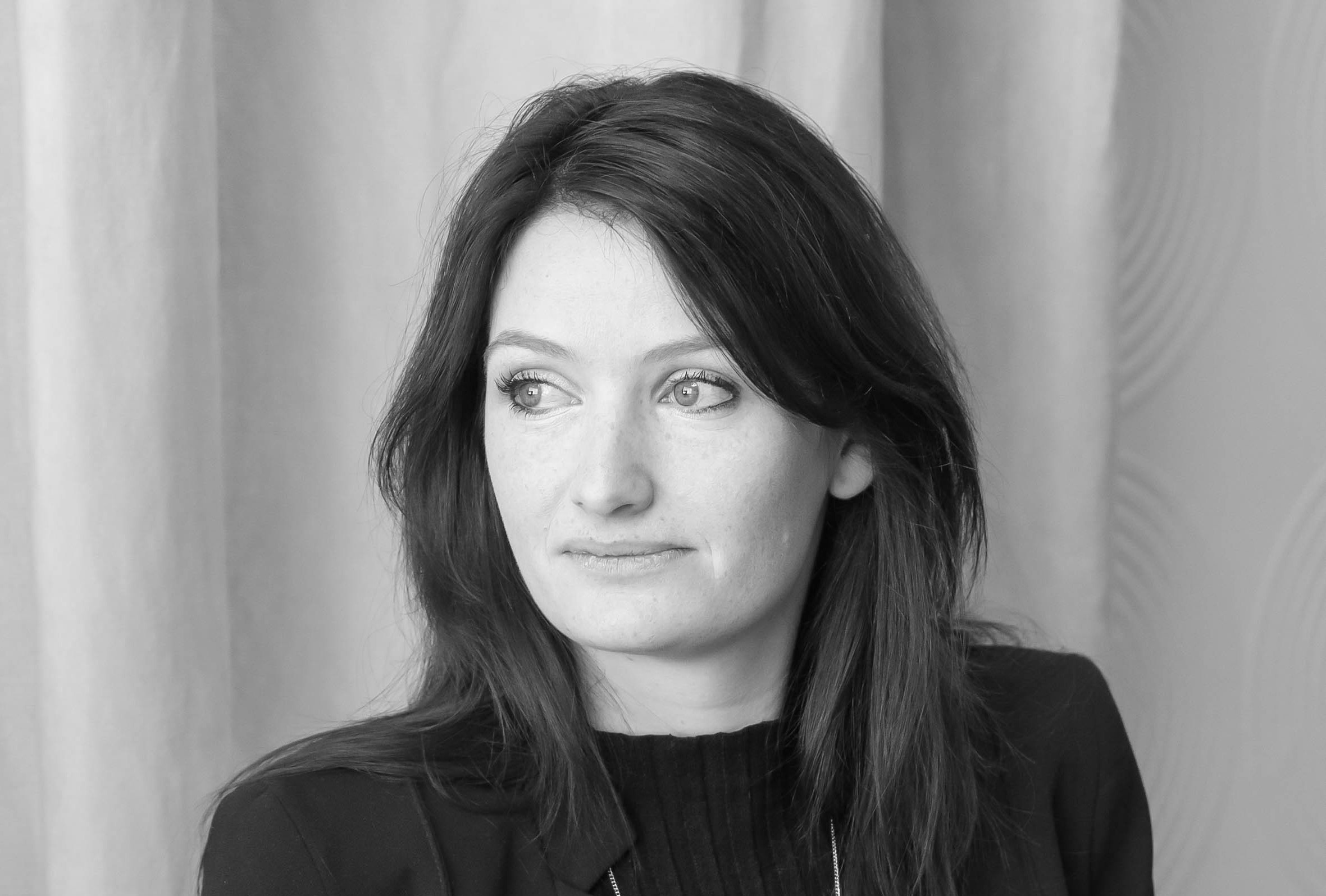The Overstretched Arm of the Law: Media Freedom in East Africa
Several East African governments have embarked on new crackdowns against freedom of expression, increasing the likelihood that journalists, and others posting political opinions online, could be charged or even detained. These crackdowns have been backed by new legislation, which has inadvertently stretched the arm of the law. Recent legislation in Mozambique, Tanzania and Uganda, specifically, has brought into question the motives behind these new initiatives, with opposition parties and international advocacy groups alike pointing to a clear agenda on the part of ruling parties to silence sources of criticism against their administrations.
TANZANIA
Since coming to office in November 2015, President John Magufuli’s administration has been characterised by welcomed efficiency, interposed by a significant crackdown on political freedoms in the country. The media, in particular, has experienced substantial political pressure at the hand of President Magufuli. Since November 2015, at least five local newspapers, and two radio stations, have been shut down under the pretexts of disseminating “false information,” “sedition”, and “threatening national security”. These charges have been backed by the 2016 Media Services Act, which largely concentrates power of the media in the hands of the government, giving the government authority over regulatory bodies such as the Journalist Accreditation Board and the Independent Media Council. Meanwhile, additional protocols such as the Electronic and Postal Communications Regulation, passed last year, requires new exorbitant licensing fees for all online bloggers, and radio and television streaming services. Several local journalists and political commentators have already run into trouble with these laws, facing numerous charges, arrest and detention.
"I would like to tell media owners – be careful, watch it. If you think you have that kind of freedom, it is not to that extent"
- Tanzanian President John Mugufuli
UGANDA
Although limitations to political and media freedoms are not new in Uganda, President Yoweri Museveni’s administration appears steadfast in ramping up restrictions. Between August and September 2018 alone, at least 29 journalists were detained in the country, with many claiming to have been subjected to acts of torture while in detention. The government has also refused to pass accreditation for foreign correspondents on several occasions in 2018, and deported a US national and Canadian national this year for their alleged ties to rising opposition leader, Robert Kyagulanyi. This crackdown also follows the ratification of the controversial Social Media Tax law, passed in May 2018, which requires users of social media apps like Twitter, WhatsApp and Facebook, to pay a daily usage tax. Although the government agreed to review the legislation following violent protests in June, the law is widely seen as the latest evidence of an intensified government crackdown on freedom of expression.
MOZAMBIQUE
The Mozambique government appears set to follow suit. In July 2018, the ruling Frente de Libertação de Moçambique (‘Frelimo’) government issued Decree 40/2018, which provides for new accreditation fees for independent media. The new legislation requires foreign correspondents to pay USD 2,500 per trip to Mozambique for media accreditation. Freelancers and foreign correspondents based in the country will be charged USD 500 and USD 8,300 per year respectively. Although the government announced on 23 August that the decree will be amended, there remains significant uncertainty over what changes will be made or whether the legislation in its current form will be implemented in the interim. The decree has been strongly criticised by independent media houses as well as advocacy organisations such as Human Rights Watch, Amnesty International and the Committee to Protect Journalists (CPJ). The introduction of exorbitant fees is likely to inhibit independent media houses significantly, jeopardising the availability and quality of media reporting on key issues such as the ongoing insurgency in Cabo Delgado Province, as well as the upcoming October 2018 municipal elections and October 2019 general elections.
OUTLOOK
Although some journalists and political commentators remain defiant in the face of these crackdowns and the threat of detention, the restrictions of freedom of expression will ultimately impact the quality, and availability, of media reporting in these jurisdictions. Going forward, this will restrict independent media’s ability to hold the ruling administrations to public account as journalists face increased intimidation.
